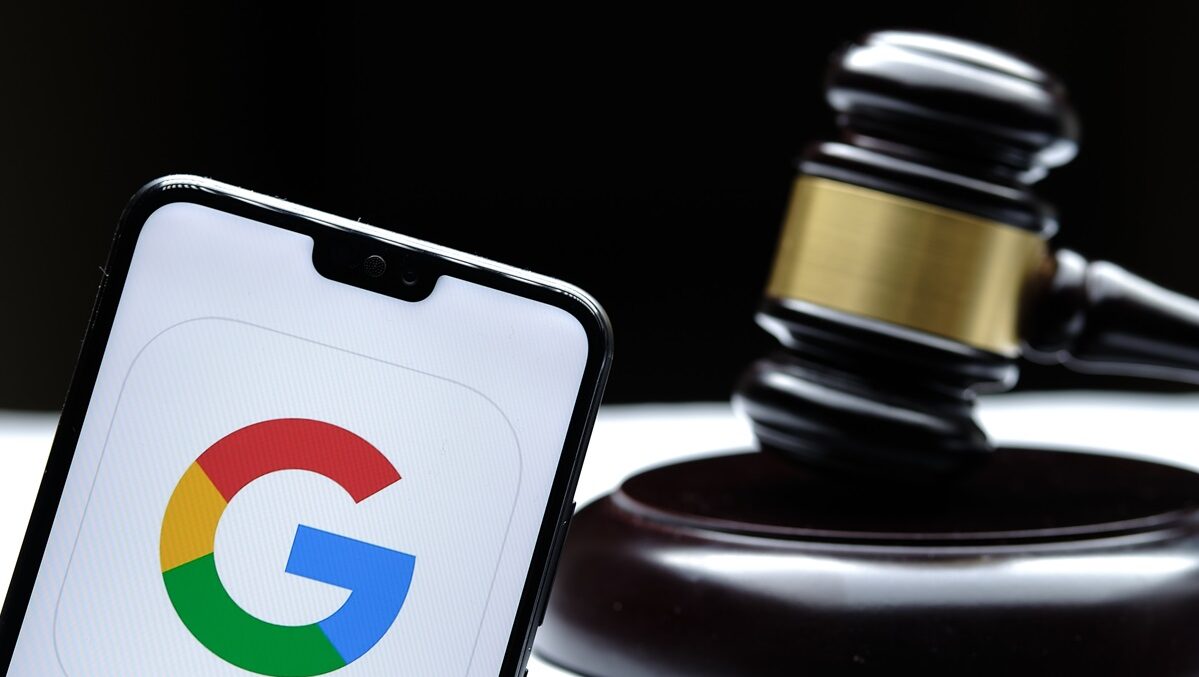
Unprecedented Bidding War Erupts Over Anysphere, Creator of Popular AI Coding Assistant Cursor
Technology News
Zaker Adham
09 November 2024
14 August 2024
|
Zaker Adham
Summary
Summary
The US Justice Department is considering a rare move to break up Alphabet Inc.'s Google following a landmark court ruling that found the company monopolized the online search market. This would be the first attempt to dismantle a company for illegal monopolization since the efforts to break up Microsoft Corp. two decades ago. Other options include requiring Google to share more data with competitors and implementing measures to prevent it from gaining an unfair advantage in AI products.

The government is also likely to seek a ban on the exclusive contracts central to its case against Google. If a breakup is pursued, the most likely units for divestment are the Android operating system and Google's web browser, Chrome. Officials are also considering the sale of AdWords, Google's text advertising platform.
These discussions have intensified following Judge Amit Mehta's August 5 ruling that Google illegally monopolized the online search and search text ads markets. Google plans to appeal the decision, but Mehta has ordered both sides to prepare for the second phase of the case, which will involve the government's proposals for restoring competition, including a possible breakup.
Alphabet shares fell as much as 2.5% in after-hours trading following the news.
A Google spokesperson declined to comment on the potential remedies, and the Justice Department also declined to comment. Any plan will need to be approved by Mehta, who would direct the company to comply. A forced breakup of Google would be the largest since AT&T was dismantled in the 1980s.
Justice Department attorneys have raised concerns that Google's dominance in search gives it an unfair advantage in developing AI technology. As part of a remedy, the government might seek to prevent Google from forcing websites to allow their content to be used for some of its AI products in order to appear in search results.
Divesting the Android operating system, used on about 2.5 billion devices worldwide, is one of the most frequently discussed remedies. Mehta found that Google requires device makers to sign agreements to access its apps like Gmail and the Google Play Store, which also mandate that Google's search widget and Chrome browser be installed in a way that prevents other search engines from competing.
Mehta's decision follows a California jury verdict in December that found Google monopolized Android app distribution. The Federal Trade Commission, which also enforces antitrust laws, has stated that Google shouldn't be allowed to benefit from illegal monopolization.
Google has paid up to $26 billion to companies to make its search engine the default on devices and in web browsers, with $20 billion of that going to Apple Inc.
Mehta's ruling also found that Google monopolized search text ads, which are sold via Google Ads. About two-thirds of Google's total revenue comes from search ads, amounting to over $100 billion in 2020.
If the Justice Department doesn't call for Google to sell off AdWords, it could require interoperability with other search engines. Another option would be for Google to divest or license its data to rivals like Microsoft's Bing or DuckDuckGo. Mehta's ruling found that Google's contracts ensure it gets the most user data, which prevents rivals from improving their search results and competing effectively.
Europe's digital gatekeeper rules require Google to make some of its data available to third-party search engines. Google has expressed concerns about user privacy but has made some data available under certain conditions. Requiring monopolists to allow rivals access to technology has been a remedy in previous cases, such as the Justice Department's first case against AT&T in 1956 and the antitrust case against Microsoft.
Websites have allowed Google's web crawler access to ensure they appear in search results, but some of that data has been used to develop Google's AI. Last fall, Google created a tool to allow websites to block scraping for AI, but it doesn't apply to everything. In May, Google announced that some searches will now include "AI Overviews," which present summarized information from search results.
Google doesn't allow website publishers to opt-out of appearing in AI Overviews, as they are considered a feature of search. While AI Overviews only appear on a fraction of searches, the rollout has faced issues, with some excerpts offering embarrassing suggestions.

Technology News
Zaker Adham
09 November 2024

Technology News
Zaker Adham
09 November 2024

Technology News
Zaker Adham
09 November 2024

Technology News
Zaker Adham
07 November 2024